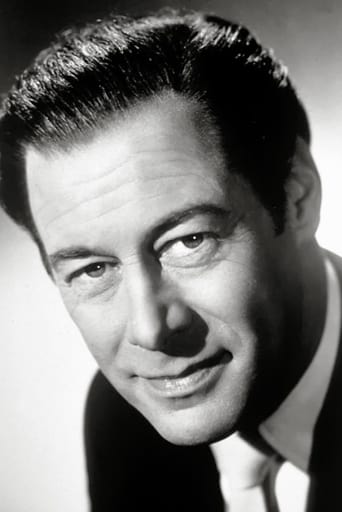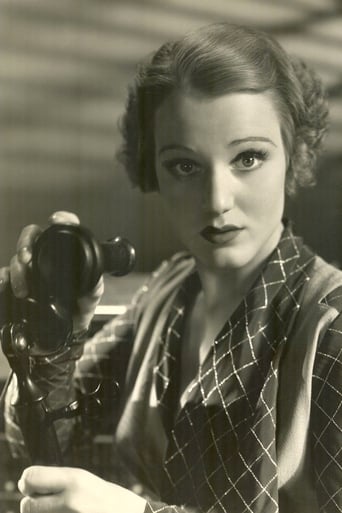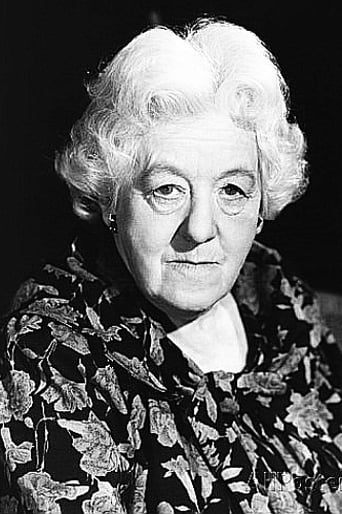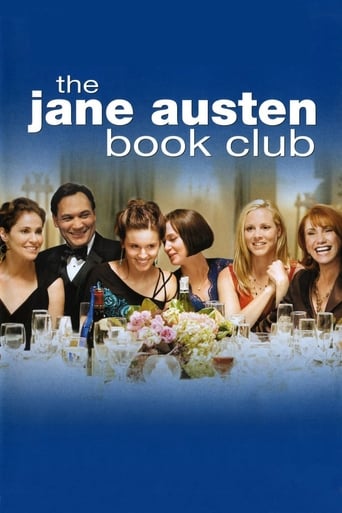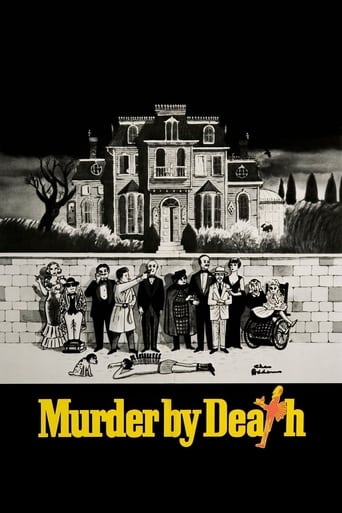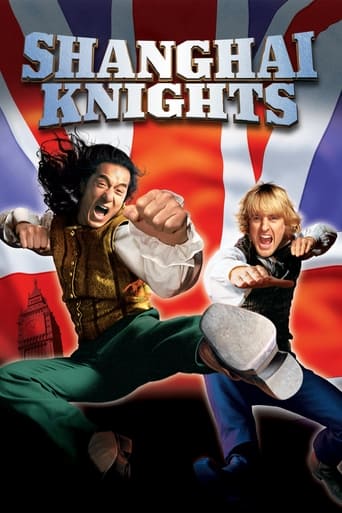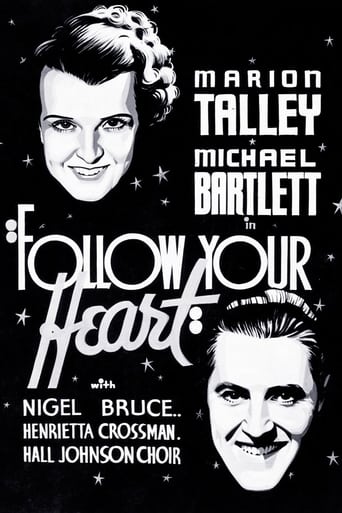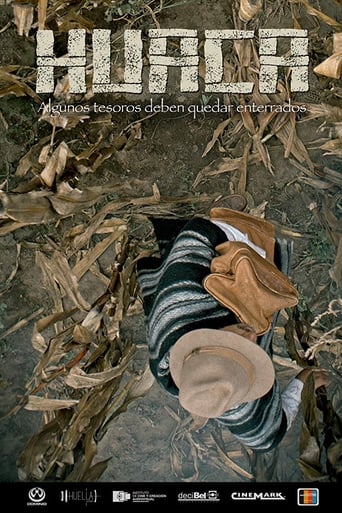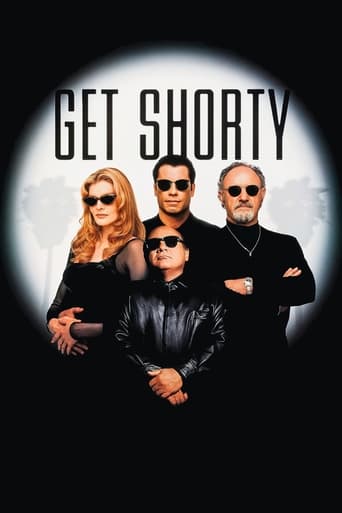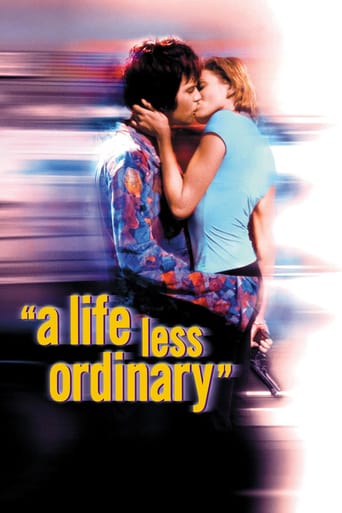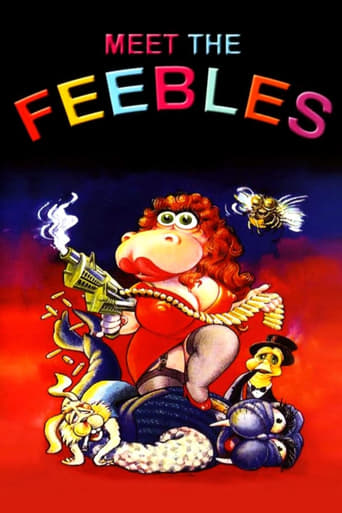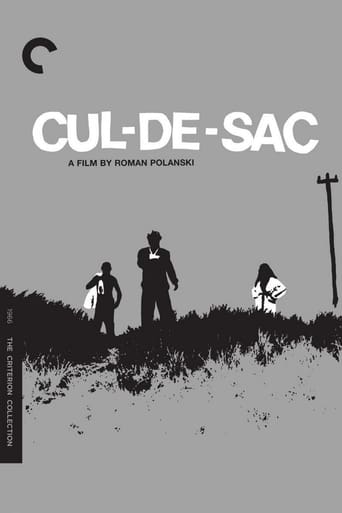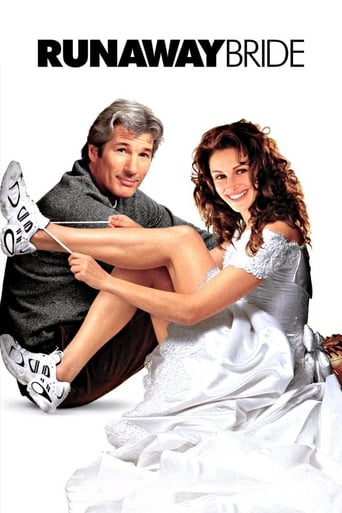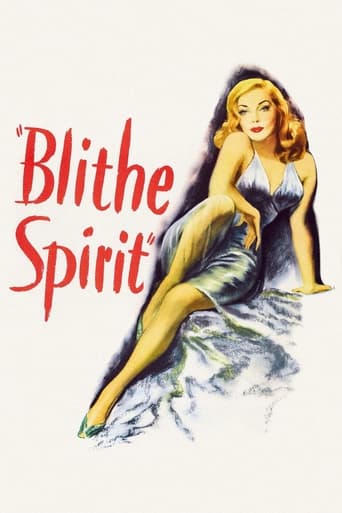
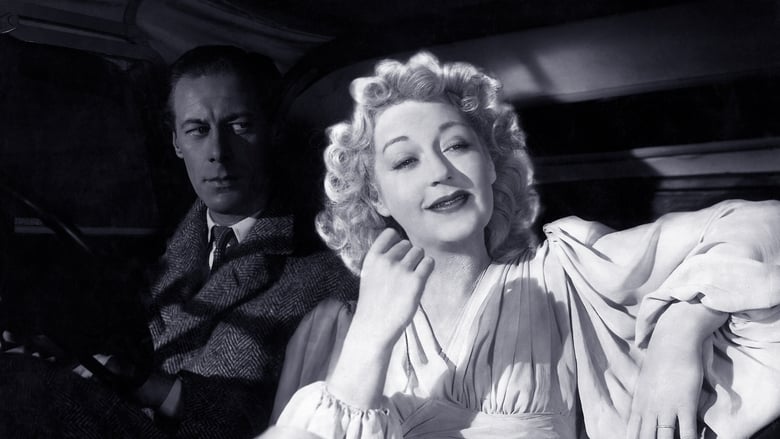
Blithe Spirit (1945)
An English mystery novelist invites a medium to his home, so she may conduct a séance for a small gathering. The writer hopes to gather enough material for the book he's working on, as well as to expose the medium as a charlatan. However, proceedings take an unexpected turn, resulting in a chain of supernatural events being set into motion that wreak havoc on the man's present marriage.
Watch Trailer
Cast


Similar titles
Reviews
This is another of the four Noel Coward-David Lean joint ventures. As I look though David Lean's DIRECTORAL filmography, I see that his career began with these Coward joint ventures, passed though a brief Dickens phase, ran through drama and romance period, and ended with those huge multi-award winning epics like: Bridge on the River Kwai (1957), Doctor Zhivago (1965), Ryan's Daughter (1970), and A Passage to India (1984). In any case, I am determined to watch as many of his 18 movies as I can. Although Blithe Spirit was one of Coward's favorite plays, it is far from anything I would expect from Lean. It's probably his main mad cap comedy, in that it is notable for its silliness. It is 'the British version of the Topper movies, with live people forced to interact with playful ghosts from their past.As the movie begins, mystery writer, Charles Condomine (Rex Harrison), and his wife, Ruth (Constance Cummings)—both previously married and widowed--are holding a party with friends. At the party, Charlie plans to do research (on the tricks of phony psychics) for his next novel. In this case, they hire the local soothsayer, Madame Arcati (Margaret Rutherford). Madam Arcati is an excited devotee of paranormal arts and practices. However, she is also a novice of her given trade. When the group holds a seance that evening, Arcati gets her incantations mixed up and brings back the spirit of Charlie's dead wife, Elvira (Kay Hammond). As in a Topper movie, only Charlie can see Elvira's ghost, and he looks like a fool to everyone else as he talks and interacts with her while she remains invisible to them.As the story progresses, Charlie, Ruth, and Elvira's spirit all become upset. Ruth doesn't understand what's going on; Elvira really doesn't want to be there as a ghost; and the mix up of living with two wives—in two different psychic spheres at the same time--frustrates Charlie. Elvira finally gets her revenge on Ruth by killing her in a car accident. NOW the problem becomes that both wives are dead but neither of their ghosts has left Charlie 'to pass over to the other side.' Worst of all, getting rid of these apparitions can only be done with the help of the totally incompetent Madame Arcati. Though she enthusiastically accepts the challenge of getting rid of the ghosts; all of her chants, incantations, and textbook research on paranormal phenomena comically fail her. The plot may seem a bit hackneyed today, but with Rutherford's performance, anything old becomes totally new and refreshing again!!-----------------------------In summer 1941, Noel Coward's "Blithe Spirit" opened on the London stage, with Coward himself directing. Appearing as Madame Arcati, the genuine psychic, was Margaret Rutherford, in a role in which Coward had earlier envisaged her and which he then especially shaped for her. Later, Rutherford would carry her portrayal of Madame Arcati to the screen adaptation, David Lean's Blithe Spirit (1945). And not only would this become one of Rutherford's most memorable screen performances - with her bicycling about the Kentish countryside, cape fluttering behind her - but as well, it would establish the model for portraying that pseudo-soothsayer forever thereafter. (As Noel Coward had Margaret Rutherford in mind for his Madame Arcati creation, so, it is said, did Agatha Christie have Margaret Rutherford in mind for hers of Miss Marple.) Despite Dame Margaret Rutherford's appearances in more than 40 films, it is as Madame Arcati and as Miss Jane Marple that she will best be remembered.--- From IMDb's Mino Bio for Margaret Rutherford.
A couple is haunted by the spirit of the man's deceased first wife. Coward adapted his own play for the screen with the help of Lean and Neame. This was Neame's last credit as cinematographer before becoming a director. This was the third of Lean's first four films as director where he worked with Coward. It is an enjoyable farce with witty dialog, but never quite rises above the silliness of the subject matter (ghosts). Harrison and Cummings are fine as the couple, with him becoming bemused and her becoming exasperated after the appearance of the ghost of his first wife, a green-faced Hammond. Rutherford seems to be having the most fun as an incompetent medium.
Noel Coward's brand of comedy has never really appealed to me, and much of the comedy and incidents in this film are too predictable to be truly amusing. Where it does score is by having the wonderfully dotty Margaret Rutherford in the role of Madame Arcati, a crackpot medium who inadvertently calls Rex Harrison's first wife (Kay Hammond) back from the dead, much to the annoyance of his second wife (Constance Cummings).I found Harrison to be quite annoying throughout this film. Not only did his voice grow increasingly irritating as the film went on, but his character seemed to be very poorly developed. One moment he seems happily married to second wife Ruth while also eventually being delighted to be re-united with Elvira, the next he can't seem to wait to be rid of the pair of them so that he can enjoy some newly-found bachelorhood. Perhaps I was missing something, my concentration wavered at times as the film struggled to hold my attention.The production values are quite high for a mid-forties British film, and Hammond's simple but effective ghost make-up is quite impressive. It's just a shame that, by the end of the film you can't help feeling they all deserve to be stuck with each other for eternity
Fragrant, fresh and frothy cinematic realisation of Noel Coward's amusing and entertaining play by David Lean long before he got, well, longer. It is of course The "Master" Mr Coward's plummy voice-over at the outset which gets us underway here.Long before the great director Lean tackled heavier subjects requiring many more screen minutes and wider screens too, he knocked out this colourful and visually appealing confection. It's years since I read or saw the play but witnessed very little here to make me think that the original text had been much tampered with, which is just fine as it's a hoot anyway. The film is opened out only occasionally, usually to show cast members getting to and from Rex Harrison's grand house and of course can employ special effects impossible in the theatre, although whether lashings of pale green make-up and a few occasions where living characters physically pass through ghosts justifies the Special Effects Oscar it bagged is questionable.Better to concentrate on the high quality ensemble acting with Rex Harrison playing another variation of Coward himself, all urbanity and suaveness, he only lacks a cigarette-holder to complete the facsimile. His two wives are also very well played by Constance Cumming and Kay Hammond, while Margaret Rutherford as ever loses no opportunity to ham it up to fine comic effect.There's plenty of gay repartee, just occasionally nudging at the boundaries of risqué-ness and while the story seems a trifle extended to get to its predictable if still amusing conclusion and betrays some poor continuity at times, the actors play it with enough vigour so that the whole rarely drags.Lean in one of his first colour films displays his knack for cinematography but otherwise isn't extended much other than pointing the camera at his beautifully clothed, terribly posh cast and mixing in a few not-too-special effects as indicated above.No doubt this engaging light fantasy was a pleasant tonic for a cinema-going public fatigued by several years of war, its interest in the afterlife reflecting a trend to the fantastic (its contemporaries include "A Matter Of Life And Death", "The Ghost & Mrs Muir", even "It's a Wonderful Life").


